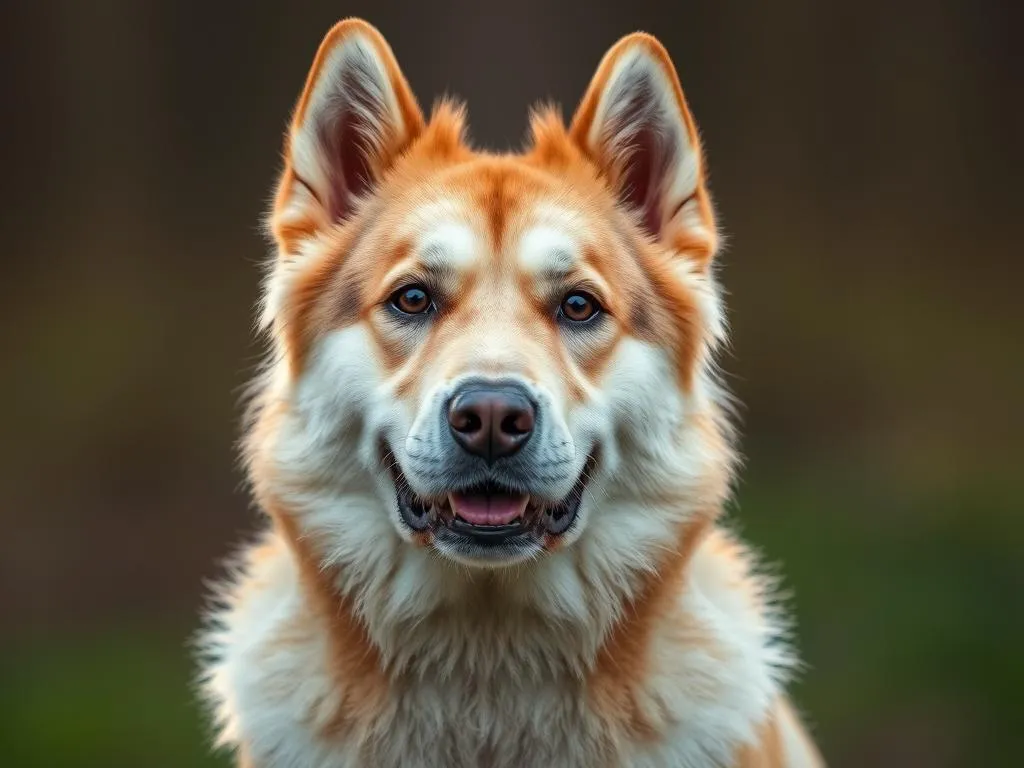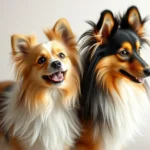
Introduction
Naming a pet is one of the first major decisions a new dog owner faces, and it can be both exciting and daunting. A name not only reflects your personality and creativity but also holds significance in shaping your dog’s identity and behavior. In many cultures, names carry deep meanings and connections, and Russian names are no exception. With a rich history and cultural heritage, Russian dog names provide a unique opportunity to connect with your pet on a deeper level.
This article delves into the world of Russian dog names, exploring their meanings and cultural significance. Readers will discover popular names for both male and female dogs, themed names inspired by nature, literature, and history, as well as tips on choosing the perfect name for your furry friend.
The Importance of Choosing the Right Name
Selecting the right name for your dog is crucial for several reasons. Firstly, a dog’s name can significantly influence training and behavior. Dogs respond better to names that are short and distinct, making it easier for them to recognize and respond to commands. A well-chosen name can enhance your dog’s learning process, helping them associate their name with positive experiences.
Furthermore, the emotional bond between dogs and their names cannot be underestimated. A name often becomes a part of the daily rhythm of interactions between you and your dog, reinforcing your connection. In Russian culture, the act of naming holds particular weight, reflecting familial ties, historical significance, and cultural identity. This cultural backdrop adds another layer of meaning when choosing a Russian dog name.
Characteristics of Russian Dog Names
Unique Sounds and Phonetics
One of the most appealing aspects of Russian dog names is their unique sounds and phonetics. The Russian language is known for its rich array of consonants and vowels, making for melodious and distinctive names. Names like “Misha” or “Vanya” roll off the tongue in a way that feels both playful and strong, which can be particularly fitting for a beloved pet.
Meaning and Significance
The meanings behind Russian dog names are often steeped in history and character. For example, the name “Boris,” which means “wolf,” carries connotations of strength and loyalty. Understanding the significance of a name allows pet owners to choose one that resonates with their dog’s personality or appearance, creating a meaningful connection right from the start.
Gender-Specific Names
In the Russian language, names are often gender-specific, which can be helpful for dog owners seeking to reflect their pet’s gender in the name. Male names like “Dmitri” or “Alexei” convey strength and resilience, while female names like “Tatiana” or “Anastasia” evoke beauty and grace. Choosing an appropriate gender-specific name can enhance the bond between you and your pet.
Popular Russian Dog Names
Male Russian Dog Names
- Boris – Meaning “wolf,” this name signifies strength and loyalty.
- Ivan – A classic name meaning “God is gracious,” often associated with Russian royalty.
- Nikolai – This name means “victory of the people” and is linked to several historical figures.
- Mikhail – Meaning “who is like God,” it carries a strong and noble connotation.
- Yuri – This name, meaning “farmer,” is also associated with the famous astronaut Yuri Gagarin.
Female Russian Dog Names
- Natasha – A diminutive of Natalia, meaning “born on Christmas Day,” it has a playful yet elegant sound.
- Anya – Meaning “grace,” this name is simple yet beautiful, making it a favorite for many dog owners.
- Svetlana – This name means “light” and is often associated with beauty and brightness.
- Olga – Meaning “holy” or “blessed,” it carries a sense of strength and tradition.
- Tatiana – This regal name means “fairy queen,” perfect for a dog with a charming personality.
Unisex Russian Dog Names
- Sasha – A popular unisex name, it means “defender of mankind” and is suitable for any gender.
- Lesya – Meaning “God’s gift,” this name is both sweet and versatile.
- Valya – A diminutive of Valentina, meaning “strong,” it works beautifully for both male and female dogs.
- Kostya – This name, derived from Konstantin, means “steadfast” and is equally charming for any dog.
- Zhenya – Meaning “noble,” it’s a lovely choice that suits any furry companion.
Themed Russian Dog Names
Names Inspired by Nature
Russian landscapes are breathtaking and diverse, offering a wealth of inspiration for dog names. Here are a few nature-inspired Russian dog names:
- Birch – After the iconic Russian birch tree, symbolizing beauty and resilience.
- Lada – Named after the Slavic goddess of beauty and fertility, it reflects the lushness of nature.
- Sneg – Meaning “snow,” perfect for a white dog or one who loves winter.
- Zarya – Meaning “dawn,” this name symbolizes new beginnings and brightness.
Names from Russian Literature and Folklore
Russian literature is rich with memorable characters and themes, providing endless inspiration for naming your dog. Consider these names:
- Raskolnikov – Inspired by the protagonist of Dostoevsky’s “Crime and Punishment,” it can be shortened to “Ras” for a playful twist.
- Anna – From Tolstoy’s “Anna Karenina,” this name embodies complexity and depth.
- Baba Yaga – A whimsical choice, named after the famous witch in Slavic folklore, perfect for a mischievous dog.
- Gogol – After the renowned writer Nikolai Gogol, it’s a quirky name for a creative and intelligent dog.
Names Based on Russian History
Many Russian dog names draw from historical events or figures, adding a layer of significance. Here are some notable examples:
- Peter – Inspired by Peter the Great, symbolizing leadership and transformation.
- Catherine – After Catherine the Great, a name associated with strength and change.
- Tolstoy – Named after the famous author Leo Tolstoy, reflecting intelligence and depth.
- Pushkin – After the great poet Alexander Pushkin, ideal for a dog with a lyrical spirit.
Tips for Choosing the Right Russian Dog Name
Consider Your Dog’s Personality
When choosing a name, it’s essential to reflect on your dog’s personality. Is your pup playful and energetic, or calm and regal? Matching the name to their traits can enhance your bond. For example, a spirited dog might suit a name like “Zarya,” while a more laid-back pup could be named “Lesya.”
Pronunciation and Ease of Use
A name that is easy to pronounce and call out is vital for effective training. Opt for names with clear sounds to avoid confusion. Names like “Sasha” or “Misha” are not only charming but also simple to say, making them great choices for everyday use.
Length and Complexity
Keep in mind the ideal length and complexity of dog names. Shorter names (one or two syllables) are usually easier for dogs to recognize. While names like “Anastasia” are beautiful, they may be too long for effective training. Consider using a nickname or shortened version for convenience.
Conclusion
Choosing a meaningful Russian dog name offers a chance to connect with your pet in a unique way. With a rich cultural backdrop, these names can carry history, charm, and significance that resonates with both you and your dog. Take the time to explore the options available, and find a name that reflects your pet’s character and your bond.
As you embark on this journey of naming your furry companion, remember the importance of the name you choose. It’s not just a label; it’s a reflection of the love, joy, and adventure you’ll share together.
Let your exploration of Russian dog names be a celebration of the incredible connection you have with your pet!









